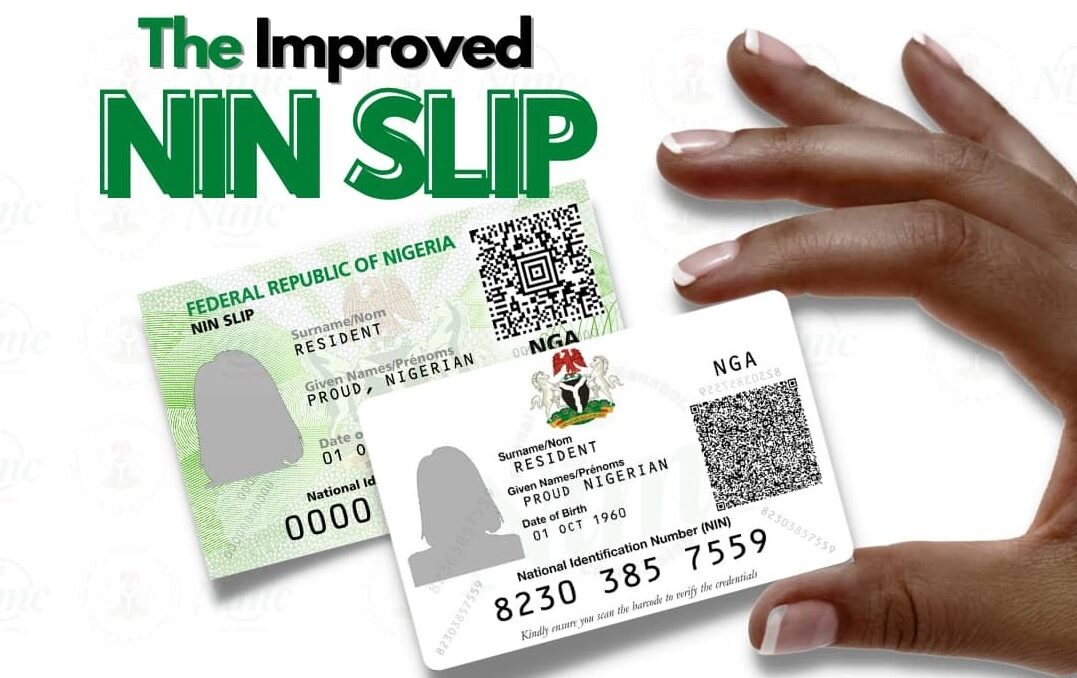The Federal Government has unveiled plans to introduce three new national identity cards by May this year, aiming to provide them for approximately 104 million citizens across Nigeria. These cards, orchestrated by the National Identity Management Commission (NIMC), include a bank-enabled National ID card, a social intervention card, and an optional ECOWAS National Biometric Identity Card.
Ayodele Babalola, the Technical Adviser for Media and Communications to the Director-General of NIMC, disclosed this in an exclusive interview with The PUNCH on Sunday. Babalola indicated that Nigerians could expect to start receiving the three national ID cards within one or two months after the launch, contingent upon presidential approval.
The bank-enabled National ID card is tailored to cater to the needs of the middle and upper segments of the population who frequently engage with banking services. Meanwhile, the activation of the National Safety Net Card aims to address urgent authentication needs and provide a secure platform for government services, particularly for the 25 million vulnerable Nigerians supported by current government intervention programs.
Additionally, Babalola highlighted the availability of digital or virtual versions of these cards for individuals preferring digital formats, albeit with limited functionalities. The issuance of ECOWAS cards will be carried out as needed in collaboration with the Nigerian Immigration Service.
The initiative follows the unveiling of plans by the Identity Commission to launch a multipurpose national identity card, equipped with payment capabilities for various social and financial services. This collaborative effort between NIMC, the Central Bank of Nigeria, and the Nigeria Inter-bank Settlement System aims to enhance options for domestic consumers and foster service delivery in a more innovative, cost-effective, and competitive manner.
The new national identity cards are expected to play a pivotal role in providing physical identification, accessing government and private social services, promoting financial inclusion for marginalized Nigerians, and empowering citizens to participate more actively in nation-building initiatives.
Babalola emphasized that the project, powered by AfriGo, a venture under the central bank, awaits presidential approval for its finalization. The launch represents a significant milestone in Nigeria’s drive towards digital inclusion and accessibility, aligning with efforts to provide digital national IDs for all Nigerians, particularly those of working age, by the middle of 2024, as announced by the World Bank Country Director for Nigeria, Shubham Chaudhuri.
As citizens eagerly await the rollout, the step-by-step process outlined by Babalola suggests that requests for the new cards will be facilitated at both bank and NIMC locations, promising enhanced functionality and accessibility for millions across the nation.











